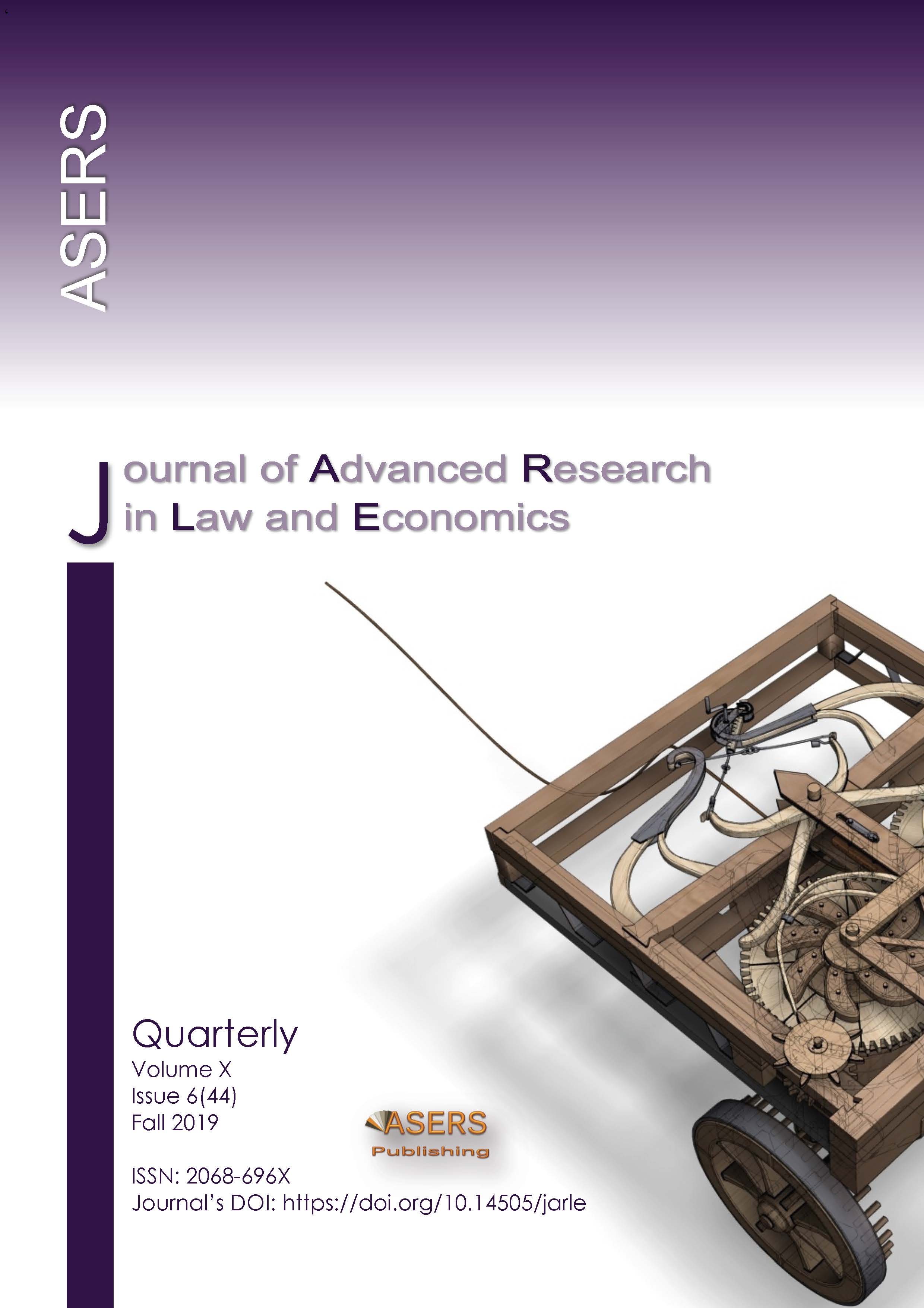Integration Interaction of the EAEU Countries as a Factor to Improve Competitiveness in the Agribusiness
Integration Interaction of the EAEU Countries as a Factor to Improve Competitiveness in the Agribusiness
Author(s): Gulnar Lukhmanova, Nalima SARTANOVA, Stepan MEZHOV, Inna V. Mishchenko, Irina K. Mishchenko, Assel BedelbayevaSubject(s): Agriculture, International relations/trade
Published by: ASERS Publishing
Keywords: integration; agro-industrial complex; competitiveness; coordinated policy; agriculture; agricultural products; foreign trade; mutual trade; export; import;
Summary/Abstract: The level of competition in Kazakhstan is constantly growing due to the fact that its international policy is aimed at the integration of the country into the world community. Kazakhstan is a member of the Eurasian Economic Union (the EAEU, or the Union). The globalization process requires Kazakh agricultural producers to improve the quality of products and services, optimize costs, maximize profits, and enhance other competitive strengths. Under current conditions, the state will not always be able to protect domestic producers against global competition, because many protective barriers aimed at supporting Kazakhstan's enterprises, cease to operate. The complexity of the problem concerning competitiveness of agribusiness enterprises (hereinafter referred to as agribusiness) also lies in the absence of a diagnostic system of competitive advantages, evaluation at the proper level of socio-economic reforms in agribusiness, as well as the difficulty associated with the implementation mechanism of crisis bailout plans in the agricultural economy sector. The aim of the present study is to examine the results of the integrative interaction of the Eurasian Economic Union countries, particularly, conducting the analysis of the implementation effectiveness of the harmonized (coordinated) agro-industrial policy of the EAEU member states. The analysis of agricultural production indicators in the EAEU member states for 2017-2018, as well as indicators of foreign and mutual trade of agricultural products and food in the EAEU, has revealed the main problems in the agri-food markets of the Union, which include low export diversification, a significant proportion of imports in domestic consumption, imbalance of mutual supplies with a simultaneous increase in foreign trade, and the inadequate level of self-sufficiency. The authors propose ways to deepen the integration processes, as well as promising opportunities to improve competitiveness in the agribusiness.
Journal: Journal of Advanced Research in Law and Economics (JARLE)
- Issue Year: X/2019
- Issue No: 44
- Page Range: 1801-1806
- Page Count: 6
- Language: English
- Content File-PDF

